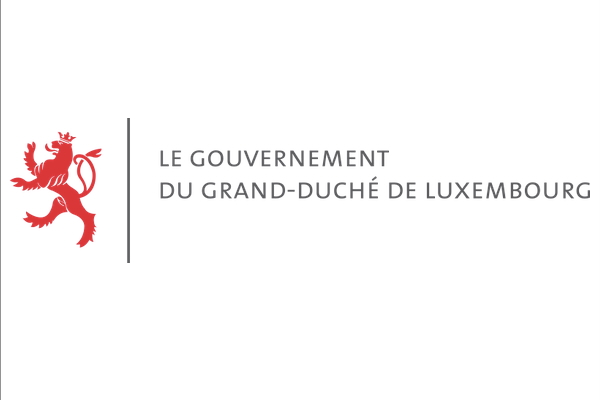
On Friday 4 July 2025, Luxembourg’s Ministry of the Environment, Climate and Biodiversity and Ministry of the Economy announced that the Government Council (Cabinet) approved Luxembourg’s action framework for deploying carbon capture, utilisation and storage (CCUS) technologies, along with carbon dioxide removal (CDR) solutions.
According to the ministries, the framework was jointly developed under the leadership of Minister of the Environment, Serge Wilmes, and Minister of the Economy, Lex Delles, and saw involvement from other government departments and relevant stakeholders.
The ministries stated that for Luxembourg to reach climate neutrality by 2050, the country must activate all decarbonisation levers across the relevant sectors while also exploring industrial and economic opportunities and that while mitigation measures such as energy efficiency, direct electrification from renewables and renewable hydrogen remain the top priority, the Intergovernmental Panel on Climate Change (IPCC) has highlighted that carbon removal technologies are also essential.
CCUS technologies offer a viable decarbonisation route for hard-to-abate industrial sectors where direct electrification or hydrogen-based solutions are technically or economically impractical. Where feasible, the government intends to prioritise cross-border carbon storage. Whereas CDR technology - including nature-based solutions - plays a crucial role in offsetting residual emissions and progressing towards carbon neutrality or even negative emissions in the future.
The ministries reported that the new framework aligns with commitments in the 2023–2028 coalition agreement and supports the ongoing update of Luxembourg’s National Energy and Climate Plan (NECP). The NECP update includes an assessment of the potential of CCUS technologies and outlines specific conditions and sectors for deployment. Officials have identified seven key strategic measures to support the responsible and gradual adoption of CCUS and CDR technologies.
The ministries announced that an inter-ministerial steering committee will oversee implementation and plans to meet quarterly. To ensure coordinated and inclusive stakeholder engagement, the government will launch a national task force - Taskforce CCUS and CDR - by the end of the year. This platform will bring together public and private actors involved in the field.
Minister Wilmes stated: "Establishing an initial framework lays the groundwork for assessing the potential of carbon removal technologies in the Luxembourg context. It also helps evaluate the national need for these solutions, gather decision-relevant information and shape future planning. This initiative opens the door to constructive dialogue with key regional and international partners."
Minister Delles added: "We must begin now to develop an ecosystem that fosters the emergence of CCUS and CDR technologies. This framework will help decarbonise key sectors while supporting local innovation, advancing technological capabilities and maintaining strategic industrial activities critical to Luxembourg’s economic resilience. It also strengthens economic diversification - in areas like CO₂ removal, digitalisation and CO₂ logistics - and enhances the role of the financial centre in sustainable finance. Drawing on regional energy cooperation within Benelux and with North Sea countries, we aim to unlock the full potential of cross-border collaboration in this field."








